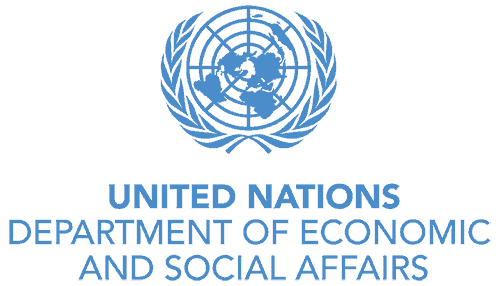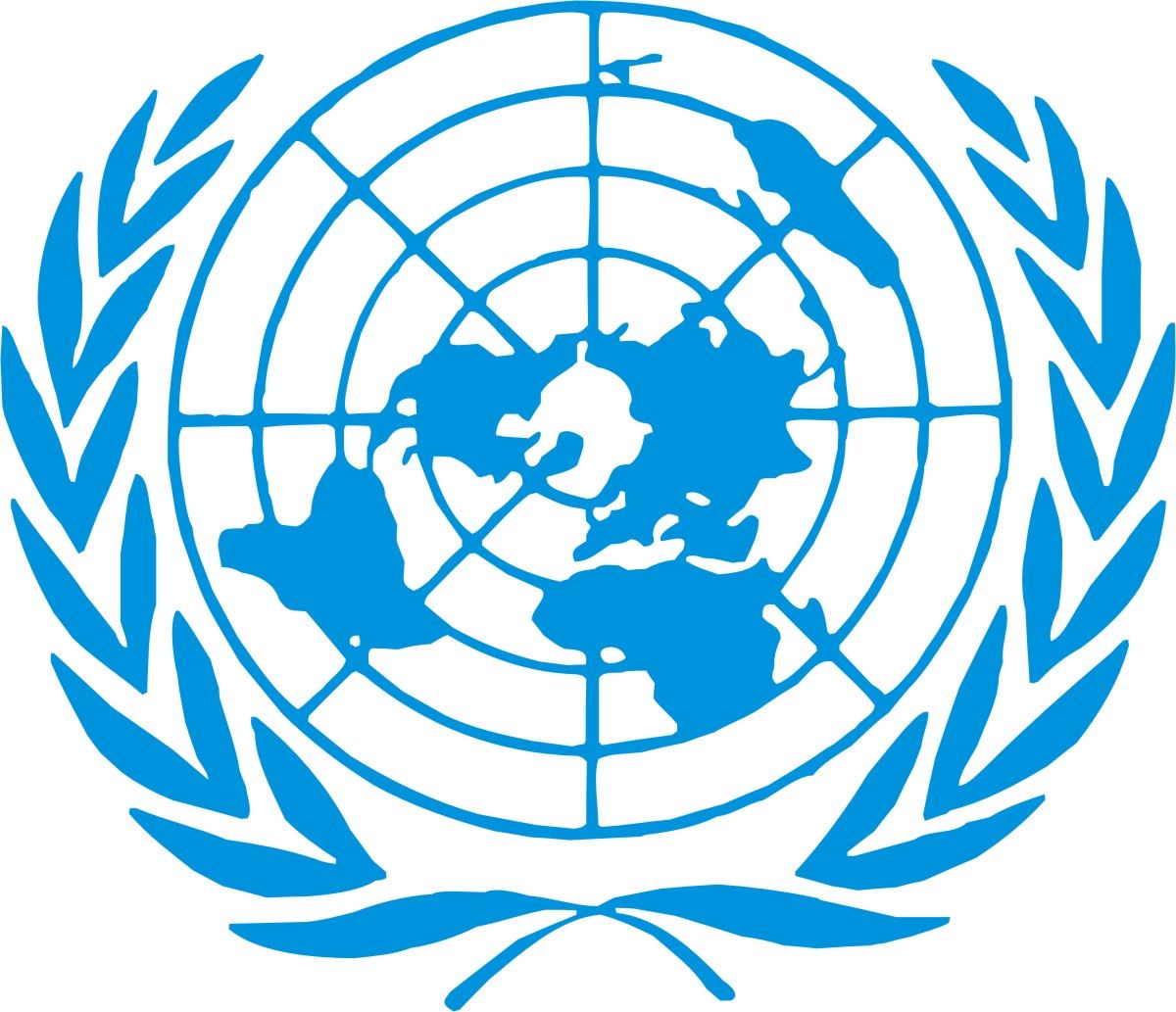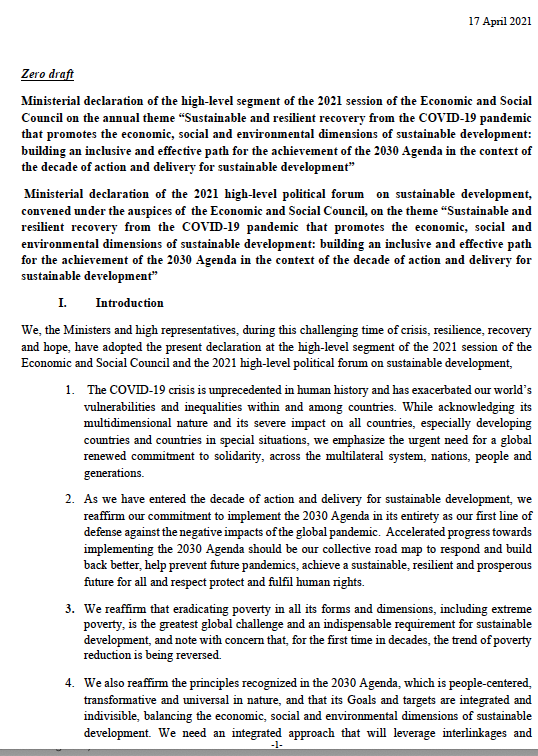Location
The United Nations Economic and Social Council (ECOSOC; French: Conseil économique et social des Nations unies, CESNU) is one of the six principal organs of the United Nations, responsible for coordinating the economic and social fields of the organisation, specifically in regards to the 15 specialised agencies, the eight functional commissions and the five regional commissions under its jurisdiction.
The Council serves as the central forum for discussing international economic and social issues and formulating policy recommendations addressed to member states and the United Nations system. A number of non-governmental organisations have been granted consultative status to the Council to participate in the work of the United Nations.
Members:
Resources
Displaying 1 - 5 of 224Zero draft of the Ministerial declaration of the high-level segment of the 2021 session of the Economic and Social Council
Life on land: background paper
The present document is one of the background papers for the fourth session of the Africa regional forum on sustainable development, which is being held in preparation for the 2018 high-level political forum on sustainable development, to be held in New York from 9 to 18 July 2018. The theme of the regional forums is “Transformation towards sustainable and resilient societies”.
Progress on land policy formulation and implementation in Africa
The present report contains a summary of progress made over the past two years in implementing key decisions on land governance of the African Union and United Nations, including those made under the auspices of the African Union Summit of Heads of State and Government through its endorsement of the implementation plan for Agenda 2063.
Facing the challenges of land monitoring in the framework and guidelines on land policy in Africa towards agenda 2063 and the 2030 agenda for sustainable development
The adoption of Agenda 2063 at the continental level, and the 2030 Agenda for Sustainable Development at the global level, requires a high level of collection and collation of quality, timely, reliable and dis-aggregated data at all levels of the development process, including land, to inform decisions, enable all stakeholders to track progress and make the necessary adjustments to ensure transparency and mutual accountability in the continent and globally.




